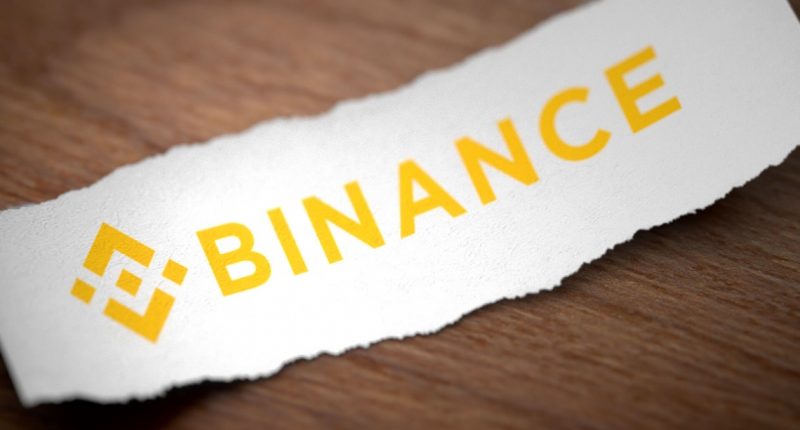The cryptocurrency market in India is witnessing a potential shakeup with the news of Binance, the world’s largest cryptocurrency exchange, seeking a return. The crypto exchange had previously operated with a less-than-compliant approach in the Indian market prior to its ban in January 2024, and now, to gain re-entry, Binance is prepared to play by the rules, including registering with the Financial Intelligence Unit (FIU) and even facing a penalty for its past non-compliance.
In its bid to resume operations in India, Binance is focused on reforming its South Asian entity to achieve full registration with India’s Financial Intelligence Unit (FIU). For those who are unaware, the FIU oversees the trade of digital assets within the country and ensures compliance with anti-money laundering measures and taxation laws. And if this is not enough, Binance is also gearing up to pay a penalty amounting to approximately $2 million, aiming to comply with Indian regulatory standards.
Prior to the ban, Binance held a commanding position in the Indian crypto market, controlling an estimated 90% of the $4 billion held by Indian investors. This dominance stemmed largely from Binance’s relaxed approach to local regulations. Unlike registered Indian exchanges that mandated a 1% tax deducted at source (TDS) on crypto transactions, Binance facilitated trading without this tax implication. This attracted a significant user base seeking to avoid these tax obligations.
Additionally, concerns arose regarding Binance’s reluctance to cooperate with scrutiny of its trades, potentially hindering efforts to combat money laundering activities. Eventually, the Indian government took action in January 2024, and Binance, along with eight other offshore cryptocurrency platforms, were banned from operating in India (being removed from Apple and Google stores) due to their non-compliance with FIU and Prevention of Money Laundering Act (PMLA) guidelines.
This shift towards regulatory compliance is a significant turnaround for Binance. Its re-entry, if successful, would introduce a powerful global player into the Indian market, potentially fostering further investment in the country’s blockchain ecosystem. Regaining access to the Indian market, estimated at $4 billion in crypto holdings, would be a major win for Binance. It could attract a large user base and increase trading volume, boosting Binance’s overall market share and profitability, and potentially contribute to the development of the Indian blockchain ecosystem. Their presence could attract further investment in blockchain startups and foster innovation in the space. A proper entry by Binance could also lead to increased market activity by attracting new investors and boosting trading volume.
Binance isn’t the only offshore exchange seeking to re-enter the Indian market through compliance. Seychelles-based Kucoin serves as a recent example. After announcing compliance with FIU regulations, Kucoin successfully had the ban on its website lifted in March 2024. And while regulatory compliance is the cornerstone of Binance’s return strategy, the company appears to be taking additional steps to establish a strong presence in India. Reports indicate plans to offer localized payment solutions, catering to the specific needs and preferences of Indian users. This could involve integrating popular Indian payment gateways or facilitating transactions using the Indian Rupee. Additionally, Binance is considering building a dedicated India team as well. This team could focus on user education, customer support, and potentially even exploring partnerships with local blockchain startups.
The Tech Portal is published by Blue Box Media Private Limited. Our investors have no influence over our reporting. Read our full Ownership and Funding Disclosure →





